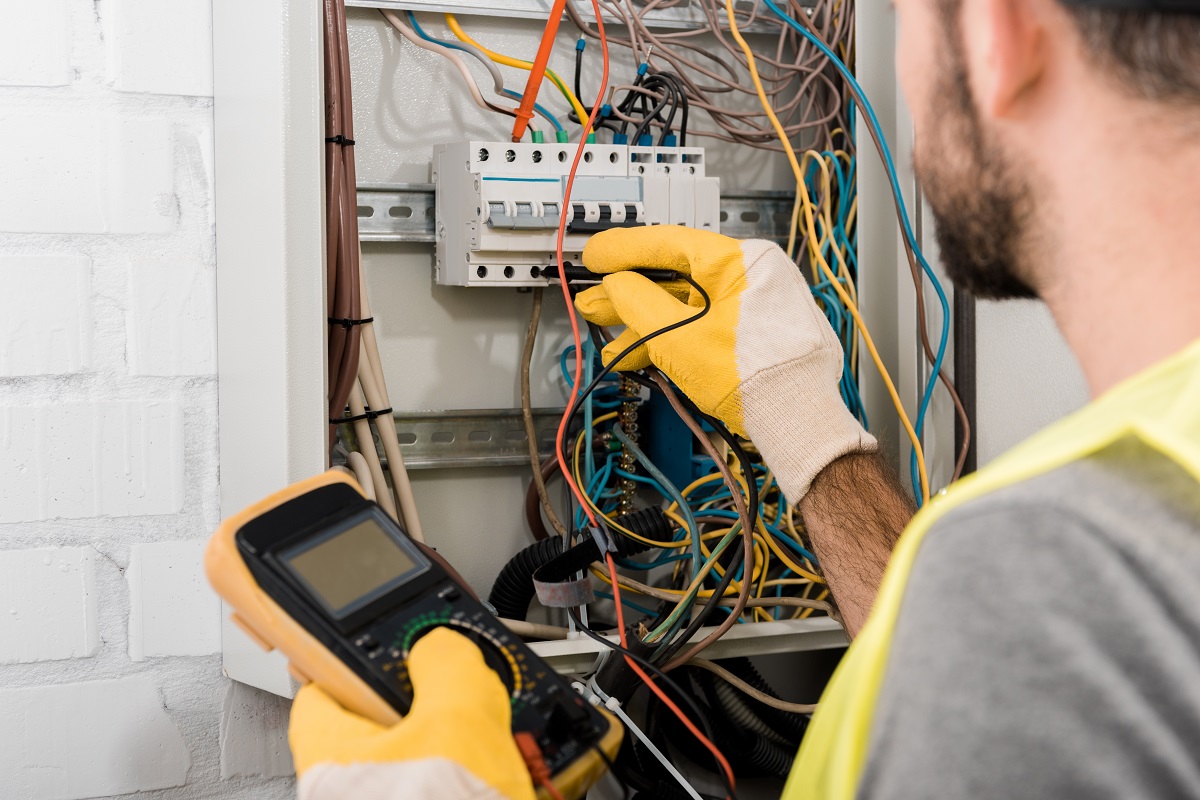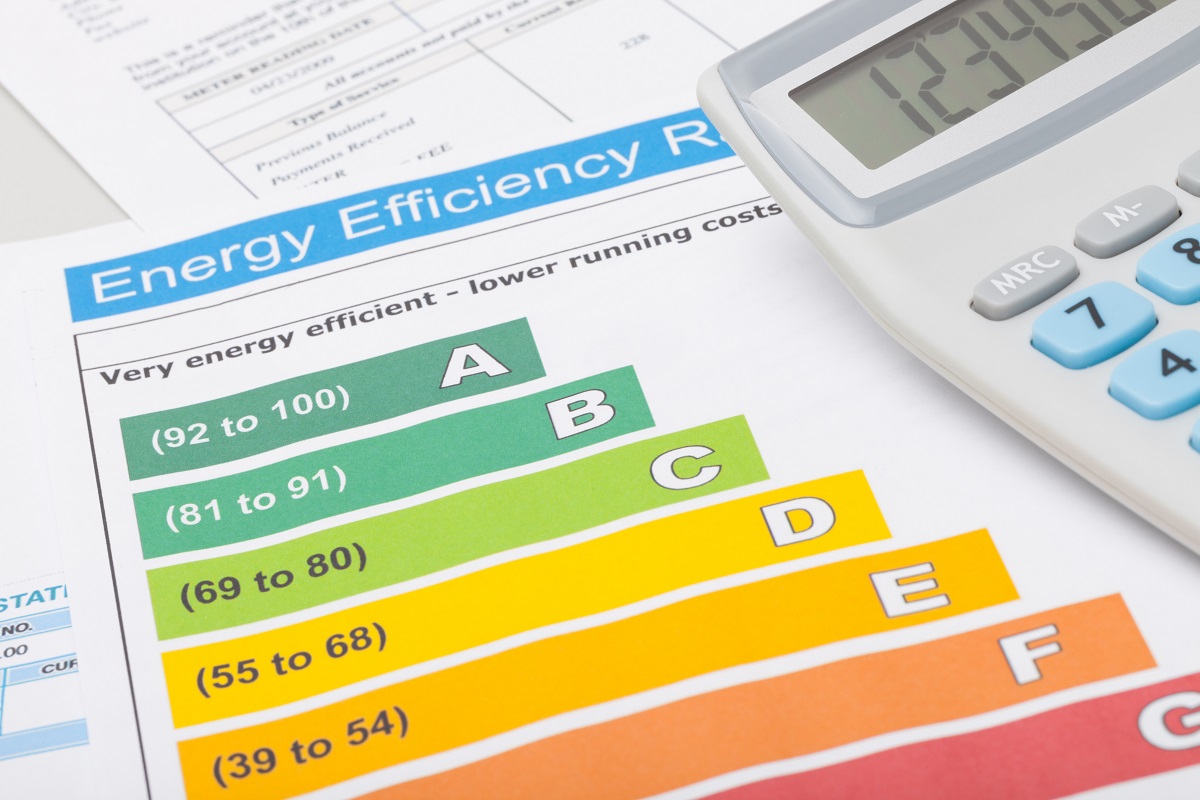- Installing Ground Fault Circuit Interrupters (GFCIs), upgrading the electrical panel, and proper insulation enhance electrical safety and compliance with regulations.
- Energy-efficient appliances and LED lighting significantly reduce energy consumption and costs, while offering superior performance and longevity.
- Proper insulation is fundamental for electrical safety and energy conservation, preventing heat or cool air loss and reducing electricity bills.
- Smart home automation enhances efficiency and convenience by allowing remote control of appliances and systems and contributes significantly to energy conservation.
Are you looking to boost the efficiency and safety of your home’s electrical system? Enhancing your electrical setup ensures a safer living space and contributes to energy conservation, reducing monthly bills. This guide will provide you with the best tips to optimize the electrical system in your home. Delve into the details and light up your knowledge on this subject.
Regular Maintenance
Regular maintenance is critical to ensuring the safety and efficiency of your home’s electrical system. Hiring a reputable electrician is one of the most important steps in this process. Engaging a professional with the necessary qualifications and experience guarantees that your electrical system will be handled carefully and proficiently.
A reputable electrician understands the complexity of electrical networks, abides by safety regulations, and is equipped with the right tools for the job. This expertise allows them to spot potential issues that may go unnoticed by an untrained eye, ensuring the prevention of electrical mishaps in your home. Furthermore, they can provide useful advice on energy-saving measures, helping you reduce your environmental footprint and monthly electricity bills. Here are also other things you should consider:
Install GFCIs
Ground Fault Circuit Interrupters (GFCIs) are crucial for enhancing electrical safety in your home. They are specially designed to protect against electrical shocks caused by ground faults, typically occurring when electrical current comes into contact with a grounded surface. GFCIs monitor the flow of electricity in a circuit.
If the incoming current differs from the outgoing current, the GFCI will cut off the power supply, preventing potential harm. This is particularly important in areas with a high likelihood of water contact, such as bathrooms, kitchens, and outdoor outlets.
By investing in GFCIs, you ensure a safer living environment and comply with the National Electric Code, which requires the installation of GFCIs in all new homes. Therefore, consider installing GFCIs to protect your family from electrical hazards and to adhere to safety regulations.
Upgrade Electrical Panel

If your house is older or the electrical panel hasn’t been updated in several years, it may be time for an upgrade. The electrical panel is the heart of your home’s electrical system and when it’s outdated or malfunctioning, it can lead to serious safety issues, including electrical fires.
An upgraded panel will improve safety and increase the capacity of your system to handle more appliances. It also ensures your home meets current electrical codes. An electrical panel upgrade involves replacing the existing circuit breaker box with a better capacity.
A licensed electrician should carry out this process to maintain safety and accuracy. This upgrade enhances your home’s safety and resale value, as potential buyers often look for houses with updated, code-compliant electrical systems.
Use Energy-Efficient Appliances

Incorporating energy-efficient appliances into your home is another effective strategy to optimize your electrical system. These appliances, endorsed by the Energy Star label, are designed to use less energy than standard models, helping reduce greenhouse gas emissions and energy costs.
While energy-efficient appliances may be more expensive upfront, the cost difference is offset by the long-term savings on your electricity bills. Additionally, these appliances offer superior performance and typically have a longer lifespan, providing excellent value for your money.
Hence, the transition to energy-efficient appliances is an investment that reaps both environmental and economic benefits. It’s a simple and effective solution to reduce your carbon footprint, contribute to environmental sustainability, and save money while enjoying these appliances’ convenience and performance.
Proper Insulation
Proper insulation is a fundamental yet often overlooked electrical safety and efficiency aspect. Insulation prevents electrical currents from escaping, reducing the risk of electrical shocks and fires. It also plays a pivotal role in conserving energy.
Poorly insulated homes lose substantial amounts of heat during winter and cool air during summer, leading to overuse of heating and cooling systems, and increasing energy consumption. Proper insulation in your home, therefore, not only safeguards your family from potential hazards but also results in significant energy savings, reducing your electricity bills.
Consider hiring a professional to evaluate your home’s insulation and suggest necessary improvements. Ensuring your home is well-insulated is an investment that pays for itself in the long run through energy savings and enhanced safety.
LED Lighting
Switching to LED (Light Emitting Diodes) lighting is a remarkable step towards optimizing your home’s electrical system. LEDs are known for their durability, long lifespan, and energy efficiency, making them a superior alternative to traditional incandescent bulbs. They consume significantly less power, resulting in fewer greenhouse emissions and lower electricity bills.
Moreover, LED lights offer excellent light quality and come in various color temperatures, allowing you to customize the ambiance of your space. Additionally, they are safer as they emit little heat, reducing the risk of burns or fires.
Many LED products are also dimmable, offering further energy savings and flexibility. Therefore, transitioning to LED lighting in your home is a cost-effective and environmentally friendly choice that enhances your electrical system’s performance while improving your space’s aesthetic and safety.
Smart Home Automation
Smart home automation is a revolutionary way to enhance the efficiency and convenience of your home’s electrical system. You can control appliances and systems remotely via a smartphone or computer by integrating appliances and systems with smart technology. This adds an unprecedented level of comfort and contributes significantly to energy conservation.
For instance, smart thermostats learn your schedule and temperature preferences to optimize heating and cooling, reducing energy use. Similarly, smart lights can be programmed to turn on or off at specific times or controlled remotely, preventing unnecessary energy consumption.
Moreover, smart home automation can include advanced features like predictive maintenance alerts for appliances, further enhancing your home’s efficiency and safety. Embracing smart home automation is a step towards a more sustainable and convenient lifestyle, blending modern technology with everyday living.
In conclusion, optimizing your home’s electrical system is pivotal for safety, efficiency, and cost savings. Don’t wait, take action now! Implement these tips, transition to energy-efficient appliances, and embrace smart home automation to transform your home into a safer, more efficient, environmentally friendly space.

